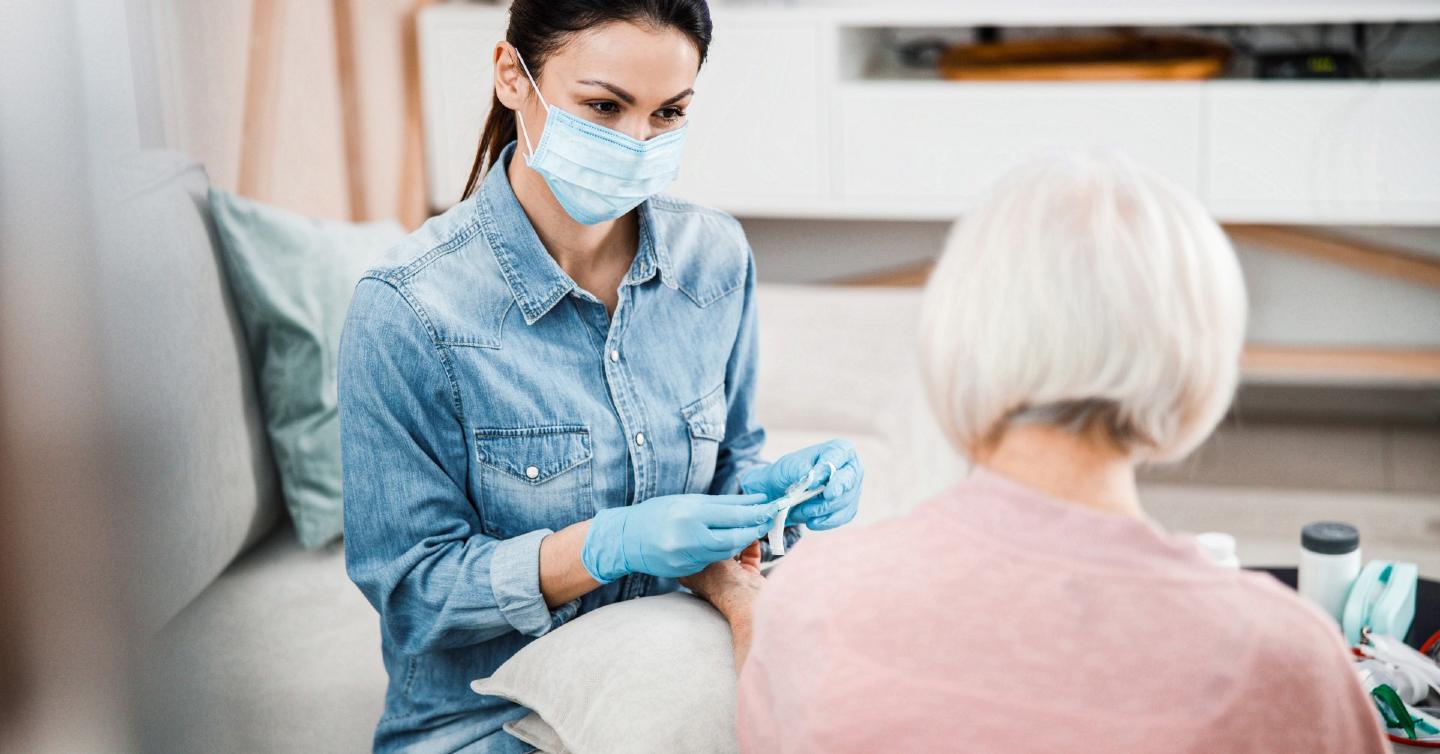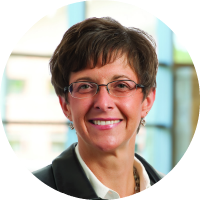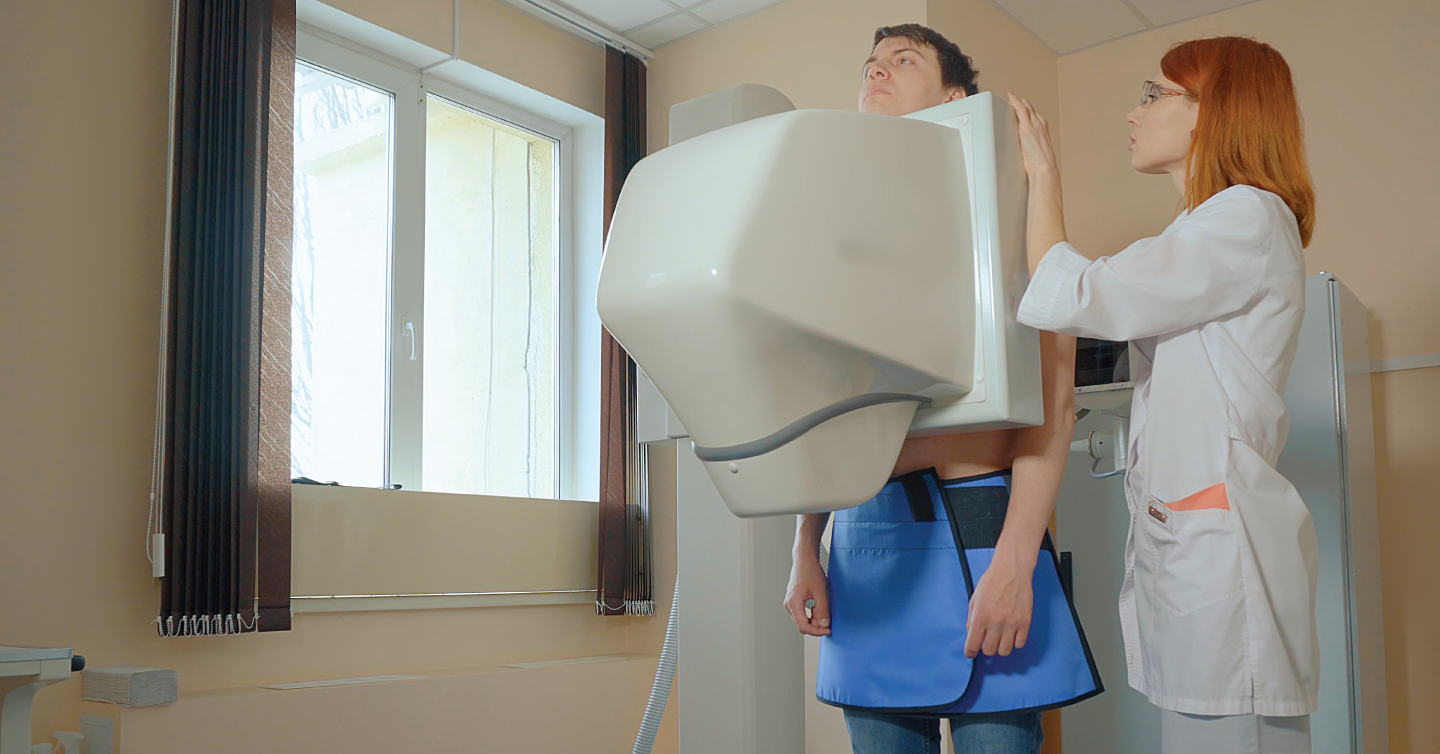Mammogram Screenings Remain Important Following COVID-19 Vaccination. Here’s How to Stay Safe

New Mammogram Guidelines and the COVID-19 Vaccine
By Dr. Diedre Flanagan, MD at Ascension Wisconsin
Originally published on 4/1/2021 at 2:00 p.m.
With the COVID-19 vaccine now available to every Wisconsinite over the age of 16, many people in our state are beginning to think about post-vaccine life. One aspect of this new reality is how the coronavirus vaccine will affect their standard medical procedures and screenings. Among standard screenings, mammogram tests remain crucial for those with breasts.
The Society for Breast Imaging (SBI) recommends that vaccine recipients schedule mammogram screenings before they get the COVID-19 vaccine or delay screening until four to six weeks after receiving the vaccine.
The recommendation comes after increasing reports of swollen lymph nodes among those who had received the vaccine in the armpit, near the vaccine injection site. While temporary lymph node swelling is not uncommon following vaccination, they can be problematic for mammogram screenings.
Why are swollen lymph nodes an issue?
Vaccines of all types can result in temporary swelling of the lymph nodes. As vaccines create an immune response, the thought is that this swelling is the result of a heightened immune system. The problem with swollen lymph nodes and mammograms is that they can complicate the reading of a mammogram and may obscure breast tissue or be mistaken for a more significant concern.
>>> READ MORE: Surprising Facts About Breast Cancer <<<
This recent recommendation applies only to routine screening mammograms where patients aren't experiencing any symptoms.
Mammogram Screenings – Crucial for Detection and Treatment
If you need a diagnostic mammogram, don't wait. You need a diagnostic mammogram if you have any of the following.
- Symptoms of breast cancer including a lump in your breasts, thickening or swelling on the breast, irritation of breast skin, dimpling of breast skin, redness on the breast, flakiness of breast skin, non-milk nipple discharge, nipple retraction and others
- Problems or pain in your breasts
- Recent abnormal mammogram
Be sure to tell the clinical provider if you’ve been vaccinated and on which side so that the vaccination site can be taken into consideration when the breast image is examined.
Why are mammogram screenings important?
A mammogram is an important step in taking care of yourself and your breasts. If you have a health need that you have been waiting to address, don’t hesitate to call your doctor to help you plan when and how to take care of it.
Finding breast cancer early can help save lives. It is recommended that those with breasts, of normal risk for breast cancer, get a mammogram every year beginning at age 40. A mammogram is a way for your doctor to check your breasts for signs of breast cancer. This important screening can often find or detect breast cancer early, when it’s small and even before a lump can be felt.
This is when breast cancer is easiest to treat and more treatment options may be available. Additional screening tests may be recommended or you may start having mammograms earlier than the age of 40 if you were identified as having an increased risk for breast cancer. A family history of breast and other cancer, as well as other factors, would determine this risk.
Talk to your doctor about any questions you may have about mammograms and get your COVID-19 vaccine when it’s available to help protect not just yourself, but your loved ones, friends and neighbors.
About the Author




